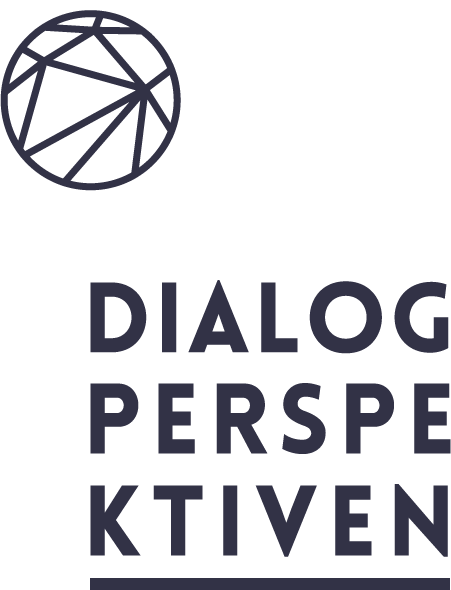Die Bedeutung transnationaler Erinnerung für den europäischen Zusammenhalt
By Rangel Trifonov, Cologne (Germany)
In the following article, I look at the importance of remembrance for European cohesion against the background of the crisis situations in Europe in recent decades. The article refers to a part of my dissertation project in which I research the initiation of the transnational culture of remembrance and its relevance for the development of a pan-European collective identity.
The historical transformation processes after 1989 not only effected a new paradigm of time, as Aleida Assmann noted in her book Ist die Zeit aus den Fugen? Aufstieg und Fall des Zeitregimes der Moderne, but they also caused a dynamization of space. A dialectic between space and time took place, which happened above all against the background of the changing relationships between globalization and de-globalization.
After the political changes in 1989, there was an expansion of the present and a shrinking of the past and the future, which were transformed into the present past and present future. The present thus expanded and assimilated the past and the future. At the same time, as Doris Bachmann- Medick states, the space gained new dimensions, which was accelerated by the expansion of the borders, for instance in the form of the European Union. A new generation in Europe was able to experience the world globally. The new living conditions replaced the well-known space-time paradigm from the Cold War era.
Globalization processes furthermore dynamized spatial relationships and opened up the dimension of “the global”. The European Union, as a peace project of Western modernity, aimed at the concept of a supranational Europe. Nevertheless, the emerging post-national paradigm has regularly been deeply shaken by global crises. The terrorist attacks in the USA on 11 September 2001, the global financial crisis in 2008, the refugee crisis in 2015, Brexit in 2016 and the corona pandemic in 2020 posed new challenges not only for Europe but also for the entire world. Particularly in Europe, during the spread of the pandemic in 2020, borders were consequently closed, which again rendered the original concept of a federal European Union a utopia and instead brought seemingly forgotten hard borders back into our purview.
In the following a process of de-globalization arose, in the course of which a longing for the past began. Under these new conditions, the future was tied directly to the past and space was quickly compressed. It can be assumed that every future-oriented thought referred to the time before the crisis broke out. This resulted in an update of the past and the future. The dialectic between space and time was reformed, which in a crisis situation causes the restriction of space and the expansion of time.
It is to be pointed out that the Second World War, the post-war period, dictatorship, and pandemic drive along a compression of space and expansion of time. In the context of isolation, in particular, people turn to the concept of memory. There is a fluctuation between nostalgia and longing, whereby it should be noted that the longing for the lost homeland and the past times dominate. The material homeland turns into a place of longing. The own imagination gains in importance and imaginary worlds that are based on a causal nexus between reality and fiction are projected. Fragmentary memories are updated and re-contextualized. There is a reconstruction and adaptation of the faded memories to the premise of life related to the present. Rememberance and narrative fulfill an identity-building function that can strengthen and promote European coexistence, especially in times of crisis.
What is especially a characteristic sign of the weakened cohesion in Europe, as Ivan Krastev points out, is the fact that the daily number of corona infections is not taken into account throughout Europe, but is considered separately in each individual European country. This constitutes a cognitive paradox: the tendency that, despite the existence of a global problem, which spans the entire world and which should unite us it in the face of a common adversary, new borders emerge and the feeling of alienation intensifies.
Particularly in the European context, it turned out that the common market, the common currency, as well as cornerstones of the European project such as the rule of law, freedom of media, speech and democratization are not equally represented throughout the continent and may not yet adequately perform their role as a connective structure and community-building element. Europe as a “community of fate”, as Adolf Muschg describes it, and the European peace project are based on the preservation of the past and the constant reappraisal of the dark European history of violence and dictatorship in the twentieth century. Based on the definition of Ann Rigney it can be held, that even if Europeans have different memories, they share a common culture of remembrance.
To sum up, the European transnational culture of remembrance enables the re-contextualization of heterogeneous memories of the horrors of the twentieth century. According to the cultural scientist Aleida Assmann, the divergent memories could then be placed in an overall narrative complex and made compatible with one another. Finally, it can be stated that the inclusion of the transnational memories of the European history of dictatorship in the 20th century has the potential to lay the foundation for the initiation of a pan-European collective identity and cohesion in Europe.

Rangel Trifonov (*1988) was born in Sofia, Bulgaria. After studying Philosophy, Political Science and German Studies he is now a PhD candidate at the University of Cologne in German Literature as well as a Konrad-Adenauer-Stiftung fellowship holder.
